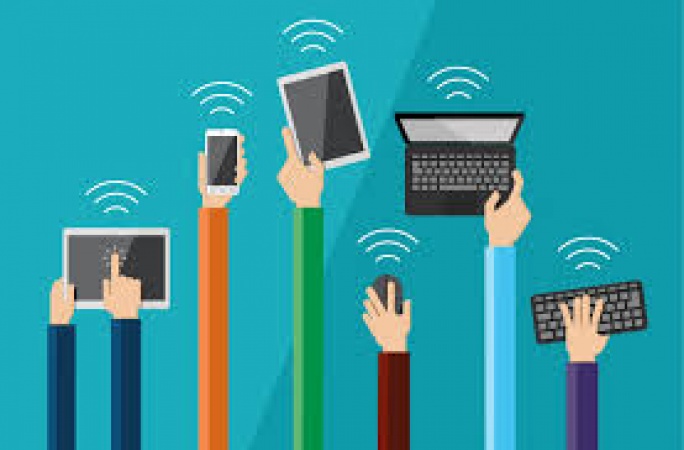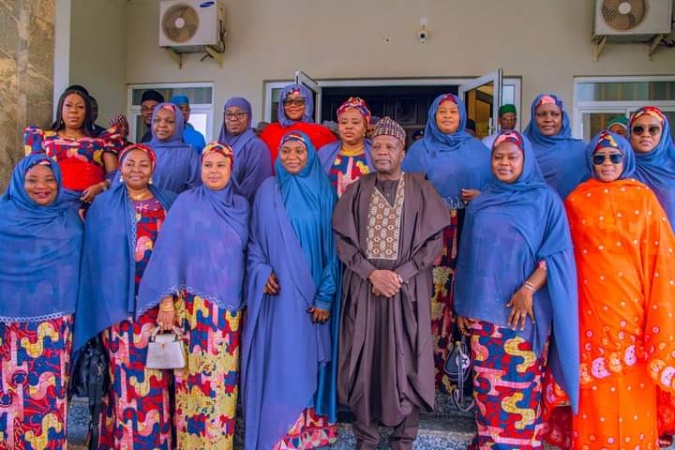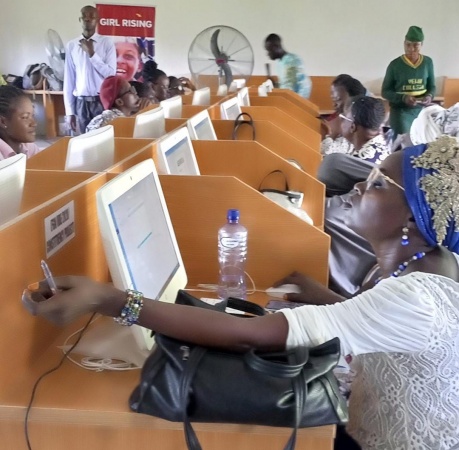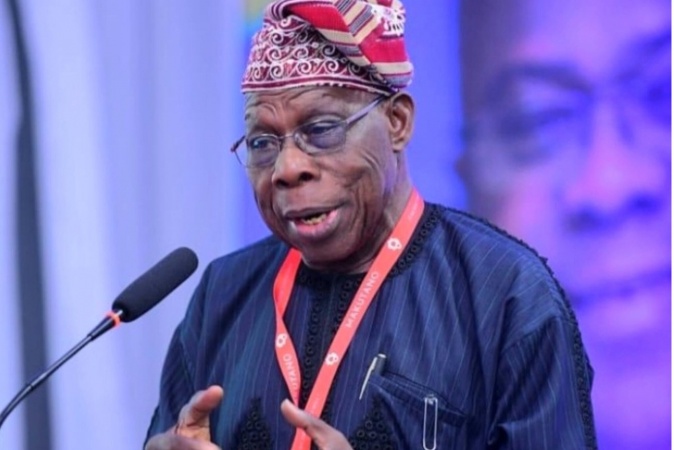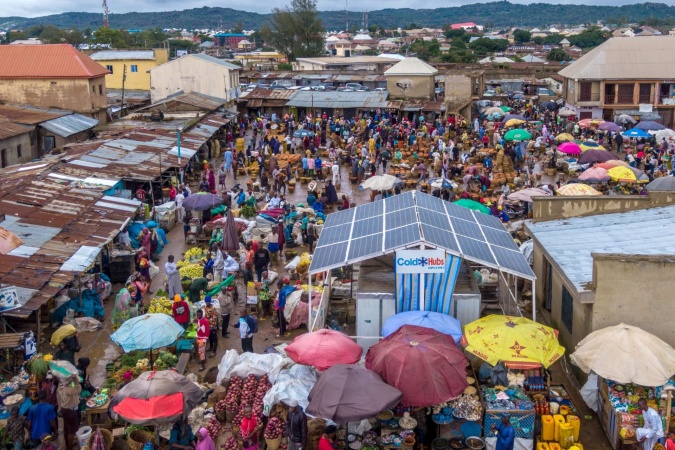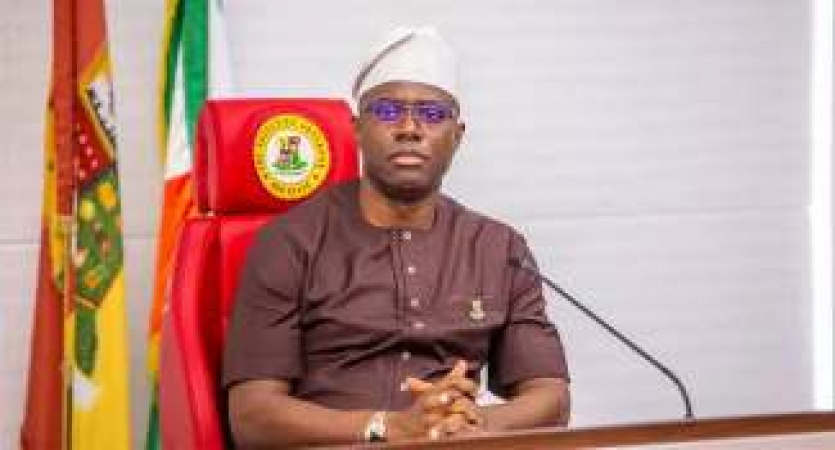Twitter Ban in Nigeria: What will the suspension mean for Business
Posted by Editor | 4 years ago | 1,311 times
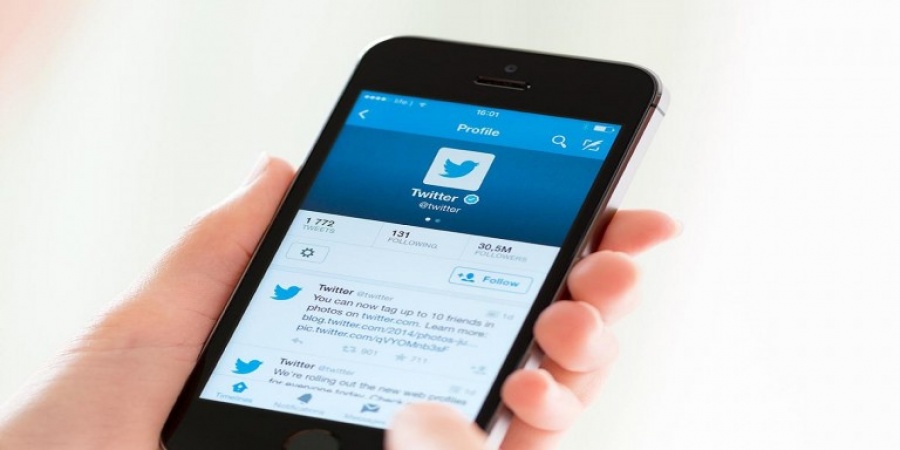
Recently, the Nigerian Government announced the suspension of 'microblogging' and social networking site, Twitter over “the persistent use of the platform for activities that are capable of undermining Nigeria’s corporate existence”.
The announcement was made by Segun Adeyemi, special assistant to Nigeria's Information Minister, Lai Mohammed, on behalf of the minister, via the ministry’s Twitter handle, on Friday, June 4, 2021.
The minister said the federal government has also directed the National Broadcasting Commission (NBC) to immediately commence the process of licensing all OTT and social media operations in Nigeria.
This suspension comes two days after the social media giant deleted a tweet by President Muhammadu Buhari for breaching its rule. Buhari’s now-deleted tweet referred to the civil war against the southeastern Biafra region that killed over a million people.
In 2017, Nigeria’s information minister, Lai Mohammed, blamed “the siege of disinformation and fake news” on social media.
Up till now, Twitter’s app and website were inaccessible on major mobile carriers in the country. The country’s main telecoms industry body, the Association of Licensed Telecommunication Operators of Nigeria (ALTON), released a statement saying its “members have acted in compliance with the directives of the Nigerian Communications Commission.” Although, some have manoeuvered their way around, by downloading Virtual Private Network(VPN), as an alternative to using the platform.
But what will this ban mean for Nigeria, a country with over 154 million internet users, the highest in Africa? What will this mean for Nigerians and their businesses, many of whom build, depend and market their brands on Twitter?
Twitter is the 6th most used social media platform in Nigeria. In a report released by Statista in 2020, WhatsApp is the most popular social media in Nigeria. The platform was mentioned by 93 percent of internet users aged 16 to 64 years. As for the number of hours spent daily on social media sites and applications, Twitter has the largest daily cumulative value. 19 per cent of Twitter users disclosed that they spend 10 hours and more engaging on the platform. These statistics demonstrate the importance of the social media platform for Nigerians.
Twitter recently set up its first African base in Ghana, West Africa. In a statement announcing its decision, Twitter described Ghana “as a champion for democracy, a supporter of free speech, online freedom, and the Open Internet.” Global tech giants, Google, Microsoft, and Huawei have also ignored Nigeria to establish operations in Ghana. In 2019, Ghana ranked 13 places higher than Nigeria in the World Bank’s ease of doing business index.
Undoubtedly, these investment evasion and recent bans have adverse effects on the economy and business industry. The ban sends a strong indication to Silicon Valley, home to many start-ups and global technology companies, that Nigeria is a hostile environment for foreign investment.
Twitter has unarguably become the backbone of Nigeria’s e-commerce sector and a lot of businesses and jobs are dependent on its existence, hence affecting their businesses since it is now on suspension in Nigeria. The platform is used as a medium of advertisement, marketing and modern jobs like social media influencing and managing depend on it. With this ban, companies and business owners that drive a lot of online traffic and engagement via Twitter will experience a downturn in patronage and revenue.
Several prominent Nigerians, as well as reputable organisations in the country, have commented on the recent ban. Fisayo Soyombo, freelance investigative journalist and ex-editor of TheCable, labelled the government’s decision “shameful”, while human rights lawyer Clement Nwankwo said the “unconstitutional” move should be “immediately reversed”.
Seyi Makinde, the Governor of Oyo State has also urged the federal government to reverse the ban on Twitter as the platform has become a source of livelihood for many. “Nigerian youths and digital communications organisations earn a living from being able to use the platform to post communications on behalf of clients. Others who may not have physical stores also rely on Twitter to give visibility to their products and services,” Governor Makinde tweeted.
Twitter does not only serve as content creation and exchange of information, but has also secured a position as a modern agent of revolution by influencing series of protests and humanitarian causes through hashtags like #BringBackOurGirls, #OccupyNigeria, #EndSARS, among others.
While these businesses could move to other platforms, since Twitter operations have been temporarily banned in the country, their posts might not gain as much engagement as Twitter provides. This, in no doubt, will affect their businesses if the platform is not reversed.
